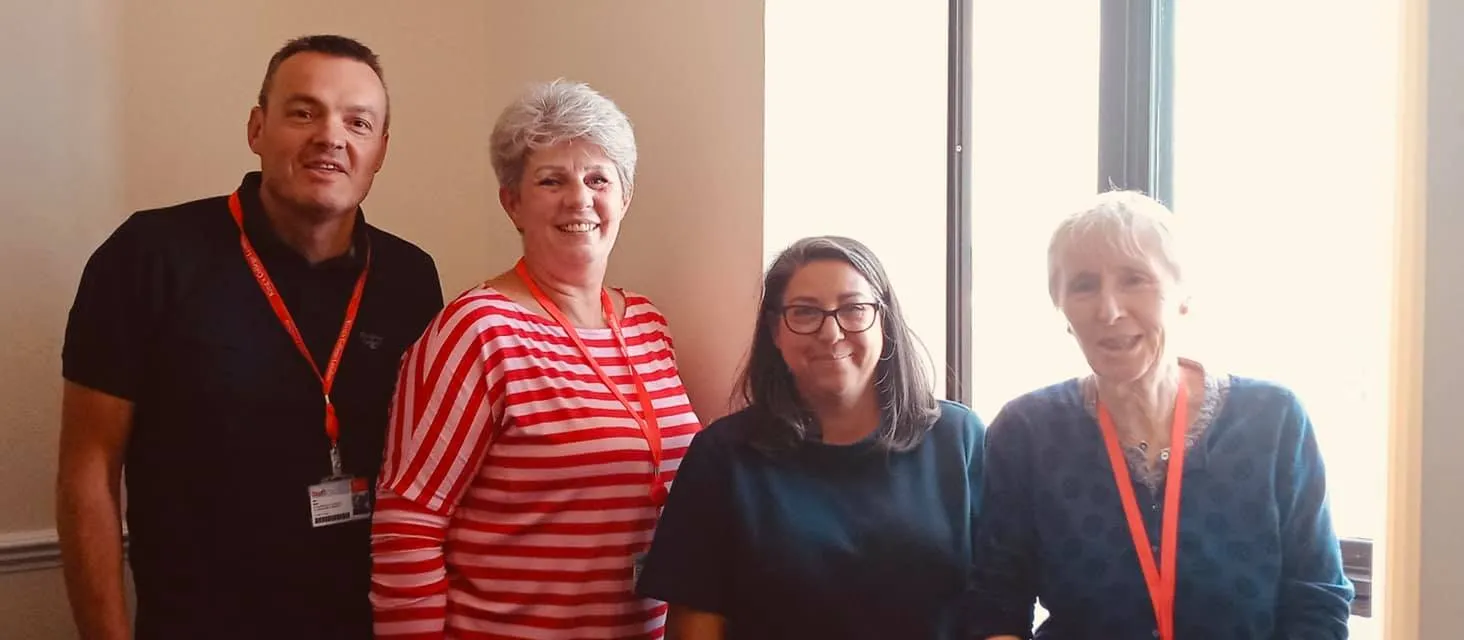What is Safewards?
Safewards is a model that synthesises what research tells us about rates of patient ‘conflict’ and staff ‘containment’ behaviours on mental health wards. From this model, 10 interventions have been designed to reduce these behaviours, and make wards safer, more peaceful places.
In the model, both patient ‘conflict’ behaviours (e.g., self-harm, violence, suicide, and absconding), and staff ‘containment’ behaviours (e.g., restraint, seclusion, forced medication and close observation) can cause harm. This model aims to understand them to reduce them. A randomised controlled trial of the Safewards interventions has shown that they significantly reduce ‘conflict’ and ‘containment’ behaviours on inpatient wards for working age adults (see below).
Although originally designed and tested on younger adult inpatient wards, Safewards has been implemented across a variety of inpatient settings around the world, including on Children’s and Young People’s wards.
The Project
NHS England/Improvement are committed to providing a service improvement project to reduce restrictive practices on wards for children and young people with mental health problems, learning disabilities, autism and eating disorders.
As part of this, NHS England/Improvement has commissioned King's College London to support up to 20 children’s and young people’s wards to introduce Safewards over an 18-month period.
The first 12-months will involve an intensive implementation programme supported by clinical supervisor Geoff Brennan and four dedicated project workers, followed by a follow-up package of support to embed practice and cultural change.
The 20 wards will be divided into four regional clusters, with each cluster having a dedicated project worker to support services. The project workers are highly experienced clinical staff selected as they have successfully implemented Safewards in a variety of settings

From left to right, the project workers are Nick Horne (North Cluster), Marcia Tharp (South Cluster), Giselle Cope (Middle Cluster), Catherine Gilliver (Southeast Cluster).
The King’s Project Team will also undertake an independent process evaluation of the project under the supervision of Professor Alan Simpson.
Project Steering Group
The project will be overseen by a Steering Group comprised of key stakeholders, including specialist advisors for autism, learning disabilities, eating disorders and mental illness; two young people with lived experience of inpatient care and two parents of a young people with lived experience of inpatient care; and representatives from NHS England/Improvement, the Children and Young Person’s Clinical Reference Group and a professional colleague specialist advisor for secure settings.
The Steering Group will meet remotely three times during the project to provide advice and support to the project team.
Awards
This project is commissioned and funded by NHS England and NHS Improvement.
-Cropped-224x135.x2e8a2fdd.jpg?f=webp)
Contact us
For enquiries, please contact SafewardsCYP@kcl.ac.uk or
Geoff Brennan at Geoff.brennan@kcl.ac.uk
